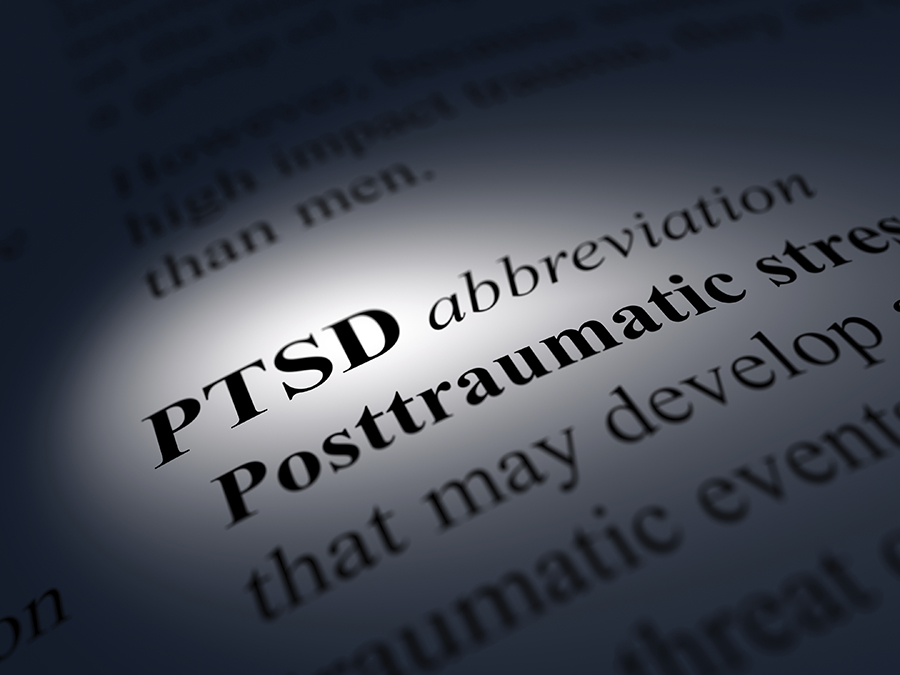If you struggle with PTSD or another psychological disorder, such as depression, anxiety, and bipolar disorder, you may have turned to alcohol and/or other substances as a way to self-medicate. This is quite common. Especially in the case of PTSD.
Dual Diagnosis Outpatient Treatment for Addiction and PTSD: PTSD Explained
PTSD is most commonly associated with war veterans however it can affect anyone who has experienced some kind of traumatic event. A person might develop posttraumatic stress disorder (PTSD) if they are exposed to trauma either firsthand or as a witness, such as sexual assault, serious injury, or threats of imminent death. A diagnosis of PTSD is made based on the presence of certain symptoms, such as disturbing and recurrent flashbacks, avoidance or numbing of memories of the event, and a perpetual state of fight-or-flight (called hyperarousal), that continue for more than a month after the traumatic event.
Dual Diagnosis Outpatient Treatment for Addiction and PTSD: What is Dual Diagnosis?
Dual diagnosis is a clinical term used to describe a person who has both a psychological disorder and a substance use disorder. The relationship between the two is complex, and treating people with co-occurring – or co-existing – issues that involve substance abuse and mental illness can be more complicated than the treatment of either condition alone. Therefore there is great need for dual diagnosis treatment that is specifically designed to treat all conditions simultaneously so that healing and recovery can begin.
Dual diagnosis outpatient treatment for addiction and PTSD is especially important to treat those with these coexisting conditions who wish to continue to work or need to be at home, such as to care for family members (i.e. children, ailing parents) and other family-related matters.
Dual Diagnosis Outpatient Treatment for Addiction and PTSD: What is Outpatient?
Outpatient treatment refers to a level of care that is the most flexible and that allows you to fulfill your personal and professional day-to-day duties while getting the help you need. Outpatient programs offer either day- or night-sessions that occur for 5, 3, or 1 day a week, depending on level of intensity and that last for about three hours.
Dual diagnosis outpatient treatment for addiction and PTSD includes a variety of therapeutic programs in which you will attend classes and therapy sessions – both group and individual – at regular intervals at the treatment facility you choose.
The specific types of therapy available in a dual diagnosis outpatient treatment for addiction and PTSD setting include:
- Cognitive behavioral therapy
- Motivational incentives
- Family therapy programs
Dual Diagnosis Outpatient Treatment for Addiction and PTSD: Benefits
For some, inpatient rehab is required in order to get them back on the right track. For others, a less-intensive therapeutic environment is more fitting. It’s up to you and your doctor and/or therapist to decide.
Flexibility
Flexibility is important because a more flexible dual diagnosis outpatient treatment for addiction and PTSD is likely to evolve as your treatment needs change. If someone isn’t responding to one particular type of treatment, these facilities can quickly alter the treatment strategy in order to maximize the odds of success.
Many people seeking dual diagnosis outpatient treatment for addiction and PTSD want no part of the stigma attached to addiction or mental illness, as both are still highly and negatively stigmatized medical conditions. They want to be able to keep their daily routine as close to normal as possible.
Support
Support is one of the most purposeful elements of dual diagnosis outpatient treatment for addiction and PTSD. Someone who is trying to recover from substance abuse and mental illness cannot do so without the necessary love and support from family, loved ones, and healthcare professionals, such as the ones who work at dual diagnosis outpatient treatment programs. Clients will learn essential coping methods and tools so that they can deal with the issues related to their substance use disorder, such as temptation, withdrawal, and craving as well as with those related to their psychological disorder, such as loneliness, fear, depression, and anxiety in healthy, productive ways.
Mental illness and addiction quite often go hand in hand. Dual diagnosis outpatient treatment for addiction and PTSD helps those who experience mental illness and chemical dependency so that they can heal and recover while still living their lives, taking care of their families, and/or pursuing their careers. If you or someone you love is struggling with substance abuse or addiction, please call toll free 1-800-951-6135.
